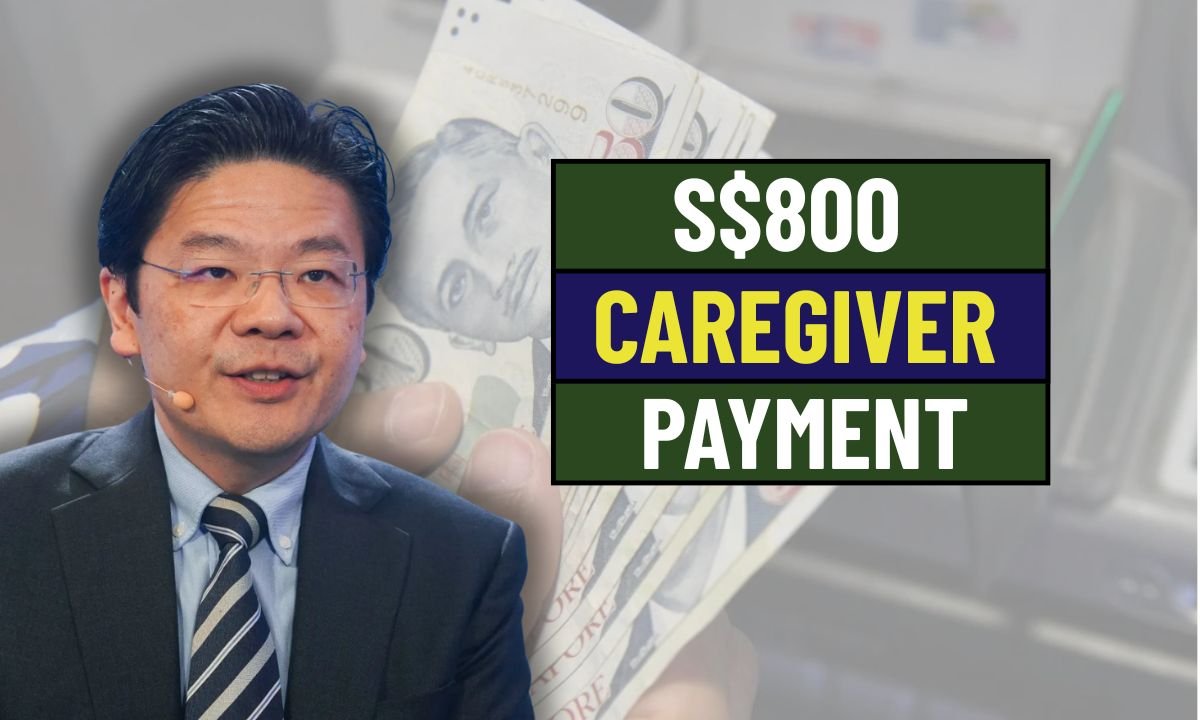Singapore has introduced a new S$800 Caregiver Relief Grant in 2025 to support those who selflessly provide unpaid, full-time care to their elderly loved ones. This initiative responds to growing concerns about the financial and emotional pressure faced by caregivers, especially in households with ageing family members. With Singapore’s senior population expected to double within the next decade, the government is taking tangible steps to strengthen community-based eldercare and ease the personal sacrifices made by caregivers. The cash payout is more than just financial support it symbolises a national acknowledgement of caregivers’ silent contributions.
Who Qualifies for the Grant
To receive the Caregiver Relief Grant, applicants must be Singaporean citizens aged 21 or older, living in the same household as the senior they care for. The elderly person must be 65 years or older and assessed to be physically dependent or clinically diagnosed with dementia or other cognitive impairments. The grant targets lower- to middle-income families, particularly those earning under S$5,000 per month, ensuring help reaches those who need it most. Applications are managed through the Agency for Integrated Care (AIC), with medical documentation and caregiving assessments required to verify eligibility. Once approved, funds are disbursed annually to help offset daily caregiving expenses such as medical supplies, mobility aids, transport to medical appointments, and temporary respite services.
Recognising Unpaid Labour and Hidden Costs

Caregiving is often invisible labour emotionally draining, physically demanding, and financially costly. Many caregivers give up their jobs, reduce working hours, or miss out on career advancement opportunities. The S$800 Caregiver Relief Grant not only offers practical financial relief but also aims to validate the essential yet often overlooked role that caregivers play in maintaining the well-being of the elderly. Mental health experts have long warned about caregiver burnout, with many reporting chronic stress, depression, and a lack of personal time. This grant is part of a broader national effort to elevate caregiving as a respected, supported responsibility rather than a silent burden shouldered alone
Complementing Other Support Services
The Caregiver Relief Grant works hand-in-hand with other growing support initiatives in Singapore’s eldercare landscape. Alongside financial aid, the government is rolling out enhanced caregiver training courses to equip family members with practical skills in mobility assistance, nutrition planning, medication management, and dementia care. Subsidised home nursing services and expanded daycare centre slots are being introduced to relieve pressure on full-time caregivers. Additionally, the upcoming “Caregiver Hub” digital platform will centralise all available support from booking part-time help to mental health check-ins and tracking subsidies offering caregivers a one-stop resource to manage care more effectively.
A Step Toward Inclusive Ageing
This initiative reflects Singapore’s long-term vision of an inclusive ageing society, where seniors can age with dignity and families are empowered to provide quality home care. As projections show that by 2030 nearly 25% of the population will be aged 65 and above, the government is shifting away from institutional care models toward more personalised, family-based support systems. By helping families delay the need for nursing home placements, the S$800 grant not only saves public healthcare costs but also strengthens family bonds. It sends a powerful message caregiving is not a private struggle but a shared social responsibility that the nation is ready to support.

